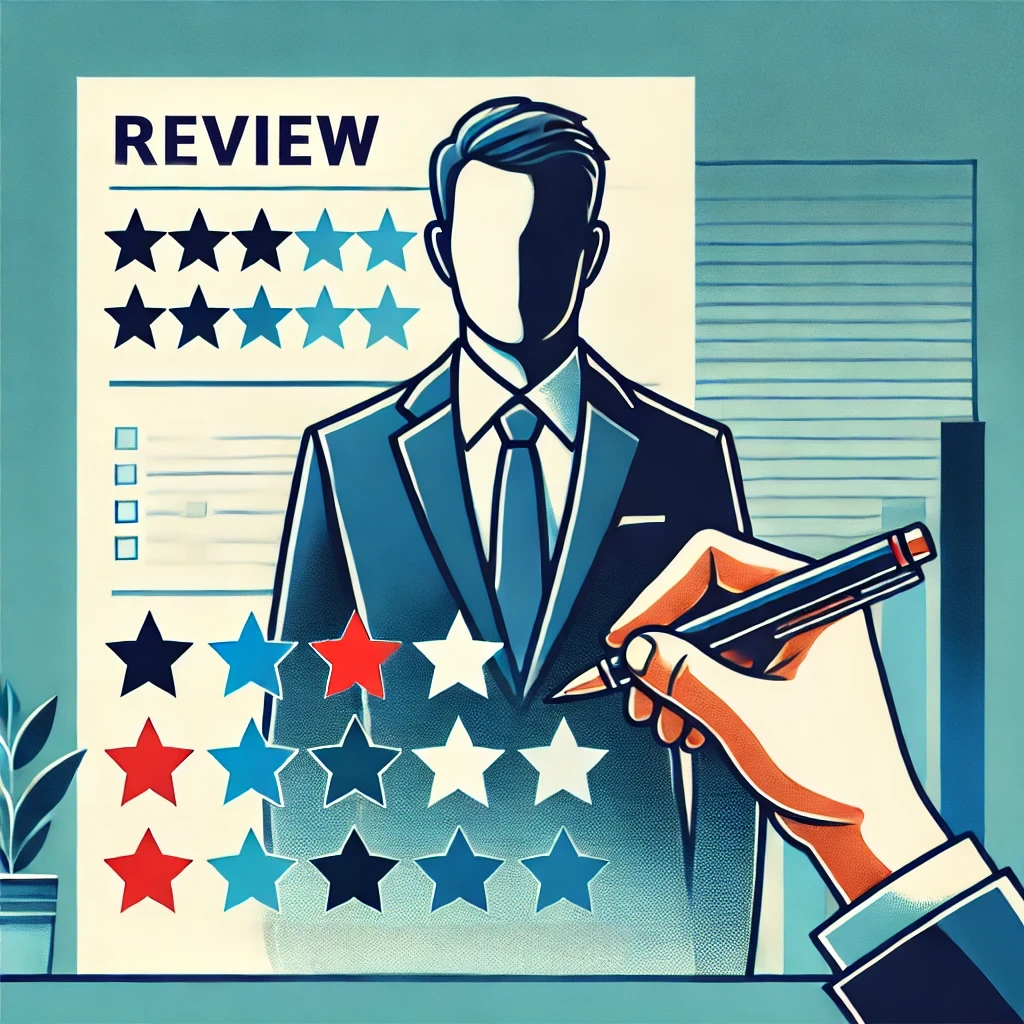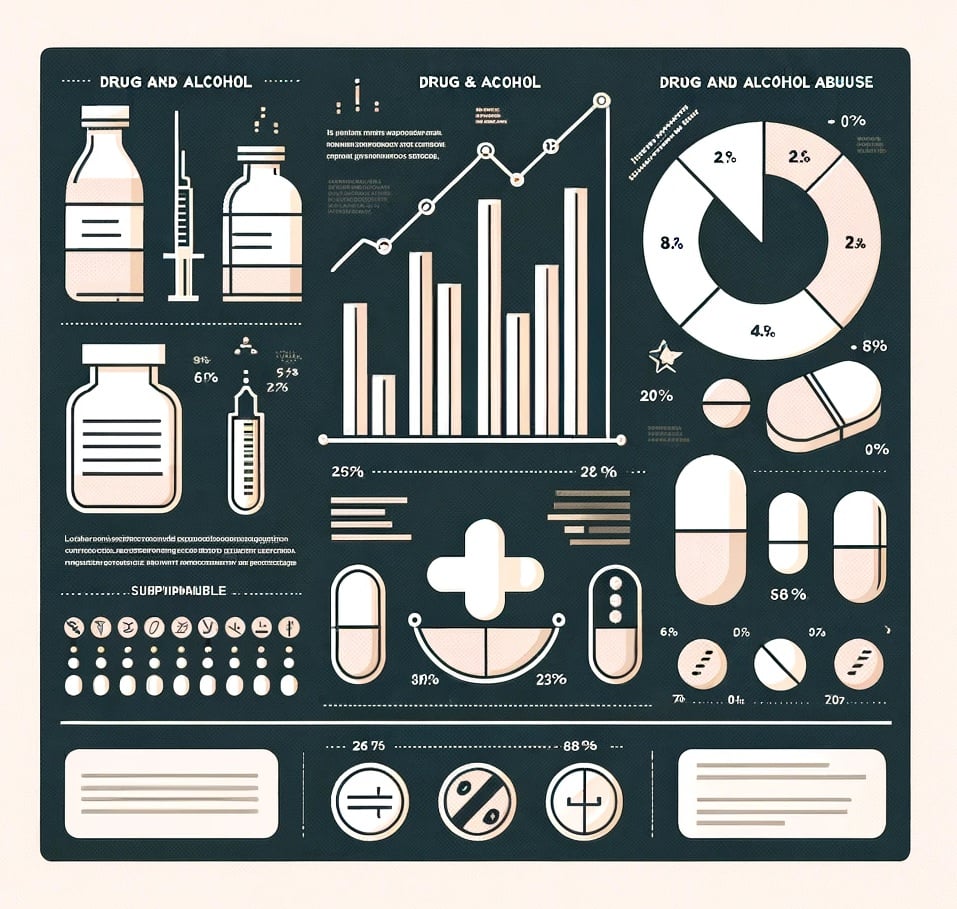US Drug Test Centers has more than 20,000 testing locations nationwide. We offer drug and alcohol testing in Torrance, California for both Department of Transportation (DOT) and non-DOT companies, along with individuals. We provide affordable urine drug testing, hair follicle drug testing, breath alcohol tests, and more in Torrance. We only work with SAMHSA-certified laboratories, and all test results are verified by a medical review officer (MRO).
Order a test online or call 866-566-0261 for more help.

We only work with SAMHSA-certified laboratories and have all test results confirmed by a medical review officer.
With drug testing locations spread throughout Torrance, California, you never have to go far to find us. For speedy results, we offer instant urine drug testing and on-site mobile testing.
We can screen for dozens of illicit substances via hair, urine, and breath. Additionally, we have hundreds of drug test panels to choose from.
10 more location(s) available in Torrance , California
Swipe to see more
We don't have too many drug testing reviews from customers in your area, so be the first one to review our services!

US Drug Test Centers provides nationwide drug & alcohol testing services. We service our customers at over 20,000 locations by offering urine, hair and breath alcohol testing.
We can offer testing for just one single drug or panels that include multiple drugs. To order a drug test, simply type in your zip code above on the map to see our locations closest to you!
If you have already ordered through US Drug Test Centers or signed up for our membership services, please leave us a review to let us know your experience!
Be the First to Leave a Review
We are your complete drug-free workplace solution for employers. We provide drug testing for all reasons such as pre-employment, random, reasonable suspicion, post-accident, and return to duty. We have a state-of-the-art cloud-based software that allows you to order drug testing 24/7, store all drug test results and chain of custody forms (forever), and you can see the status of all completed drug testing. We have random drug and alcohol testing consortiums and follow all DOT rules and regulations to direct your company in the right direction to stay in compliance. We can create drug-free workplace policy manuals specific to your company's needs, and we provide online trainings. Our online trainings are perfect for company Supervisors to learn what signs to look for if someone might be under the influence. We also have trainings that explain what Supervisors should know about the DOT rules and regulations in regards to the drug and alcohol testing program. We are a part of the Drug and Alcohol Testing Industry Association (DATIA), and we always stay up to date with all drug testing-related rules and regulations. If you have any questions about state-specific laws regarding drug and alcohol testing, please contact our office and one of our team members will be glad to help you. If your company would like more information regarding setting up a corporate account you can set up an account online or contact us at 866-566-0261.
This material is intended for informational purposes only and should not be relied upon for legal guidance. State & local laws change frequently and vary greatly. These are state & local laws and do not over rule the federal Department of Transportation laws & policies. Readers are advised to consult with their legal counsel or industry experts before acting based on this information. Last Updated Jan 2025
To learn more about California drug testing laws, contact our team today.
Companies and Owner Operators get access to the incredible US Drug Test Centers Gateway platform solution. When logged in our cloud based platform, company representatives can manage their entire drug testing program.
Features included in the US Drug Test Centers Platform:
The US Drug Test Centers Gateway is backed by world-class customer service. Live support from our U.S.-based Call Center. Sign up today!
Important links to resources from the drug testing industry

Last Updated: February 6, 2024
In California, 400 people die from an opioid overdose every single year. 45.70% of doctors write opioid prescriptions for their patients. Opioid use often leads to heroin use, which can happen via injection. And, interestingly, 318,900 cases of hepatitis C are attributed to intravenous drug use.
Rehab facilities in California are fighting to stop the abuse of opioids and other drugs. There are 2,195 active clinics in the state, serving 96,960 individuals every year. The U.S. public’s total spend on outpatient services is 6.16% or $142.3 million, with the cost to individuals in inpatient rehab a whopping $56,654.
US Drug Test Centers offers the full range of collection types, including urine, hair and breath samples, each with its own advantages and applications for accurate substance screening.
Legal drug testing is a critical procedure often mandated by employers, law enforcement agencies, and organizations to ensure compliance with regulations and maintain safety in various settings. US Drug Test Centers can help you with your testing needds.
DOT Testing Services are specifically designed to meet the stringent drug and alcohol testing requirements mandated by the U.S. Department of Transportation (DOT) for safety-sensitive positions in the transportation industry, ensuring compliance and public safety.
US Drug Test Centers offers hundreds of different types of drug and alcohol testing including individual tests and panels. In Torrance, California we can test for these substances through urine or hair and can provide breath alcohol testing. Most of our locations are also able to offer instant urine drug testing, where you can receive negative results immediately. Our most common drugs US Drug Test Centers tests for are:
If you didn't find a location in Torrance, California, here's a list of nearby cities where we have drug and alcohol testing locations.
Looking for nationwide laboratory testing? US Drug Test Centers has partnered with eNational Testing to offer laboratory testing such as blood titers (MMR, Varicella, Hep B), QuantiFERON (TB Blood) Testing, Mens & Womens health panels, allergy testing and much more! You can simply order a health lab test or panel online 24/7 and go in for testing the same day at over 2,700 locations nationwide.
Scheduling your preventative health laboratory testing in Torrance, California here.